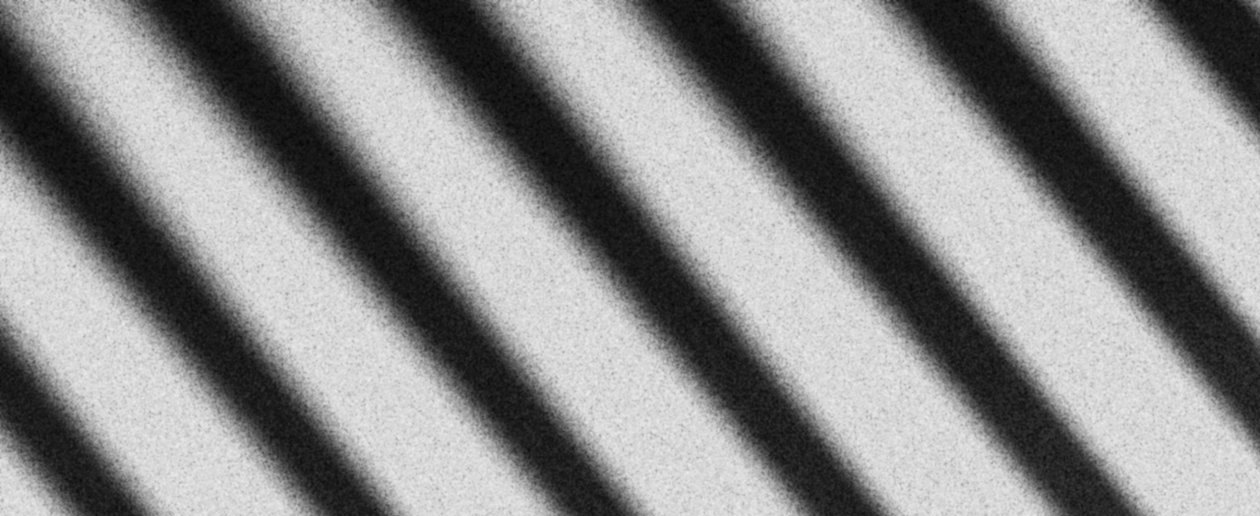My Blind Spots
No one is good at EVERYTHING

For Example:Straight lines...
I am pretty terrible at straight lines. I am not kidding when I tell you that with TWO T-squares and a ruler, I managed to make several pieces of paper into rhombus shaped messes rather than half sheets of paper I was aiming for. You know most of the time I am just fine with my blind spots, as we all have them. Sometimes though, they bug the crap out of me and if push comes to shove, I have been known to cry when trying to draw or hang something in any sort of straight line.
I did not start this post to talk to you about my difficulties with straight lines though, I got started because I was noticing again how many therapist profiles list a huge variety of "specialties" and it got me thinking about the things that although I AM trained to work with and could probably do a competent version of working with a client on the topic....that I really just am not the BEST at. I thought I might take this opportunity to share with you some of my "blind spots", for the purposes of knowing what we are working with...and what I might refer you to someone else on:
Substance use disorders:
Y'all. Addiction runs deep in my DNA you will often hear me sharing phrases common to 12 step meetings and that community. I have spent time in and around it since I was a child in various versions of the 12 step model and so it isn't that the concepts allude me or make me uncomfortable. It is that I have big 'old blinders on when it comes to people being honest with me about their substance use. Tell me you are sober and unless I catch you with substance in hand, I am going to believe you. Call it a personality flaw AND it is a good one to be aware of! If we are working on other things and substance use disorder is a part of your struggle, I can help you with that. However, if substance use is the primary diagnosis, and is the problem driving you to therapy? That is a time for referring you to another provider, as there are many gifted therapists that can catch you in the lie you may be driven to tell to keep using your drug of choice.
Psychotic Disorders
I have worked with clients experiencing various degrees of psychosis, which involves a cluster of symptoms that can occur alongside all of the mood disorders (depression with psychotic features, bipolar with psychotic features…etc.) and also can be the primary presenting problem, as is the case with thought disorders such as schizophrenia. However, I do not believe my grasp on what IS or IS NOT firm enough that I can reliably spot hallucinations and/or delusions. I really REALLY love deadpan comedians, such as Steven Wright, who you can see below. A common symptom in psychotic disorders is called a blunted affect, when that type of communication is the most common type of communication from a client. Being a therapist to someone experiencing this symptom can be SUPER complicated when you are used to the blunted affect accompanying some truly funny stuff.
I think those are my two biggies, the categories that I am going to really do a lot of soul searching before accepting a client to work on those topics primarily.
OK, SO WHAT DO YOU DO?!
Excellent question! I have actually written quite a bit on my website about my ideal client and the people I could work with most successfully for convenience though, the list goes as follows: self-esteem, depression, anxiety, chronic suicidal ideation and emotional dysregulation, living with chronic illness/pain, and trauma.
I am sure somewhere I have managed to do the SEO for those heading all bass ackwards and well, one day the formatting on this post may change drastically. In the meantime, for my fellow therapists: What are some of your blind spots? Are there any areas that you just do not feel confident in, even if you are competent in them? I would love to hear your thoughts!



